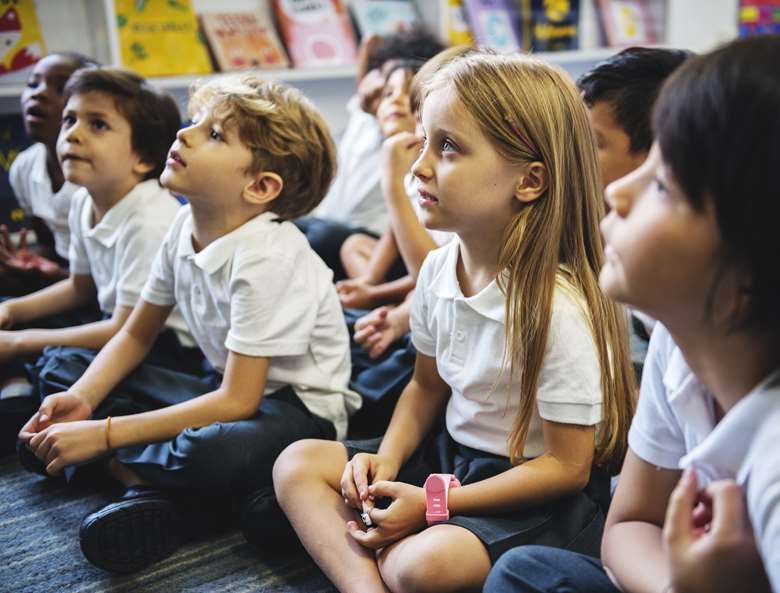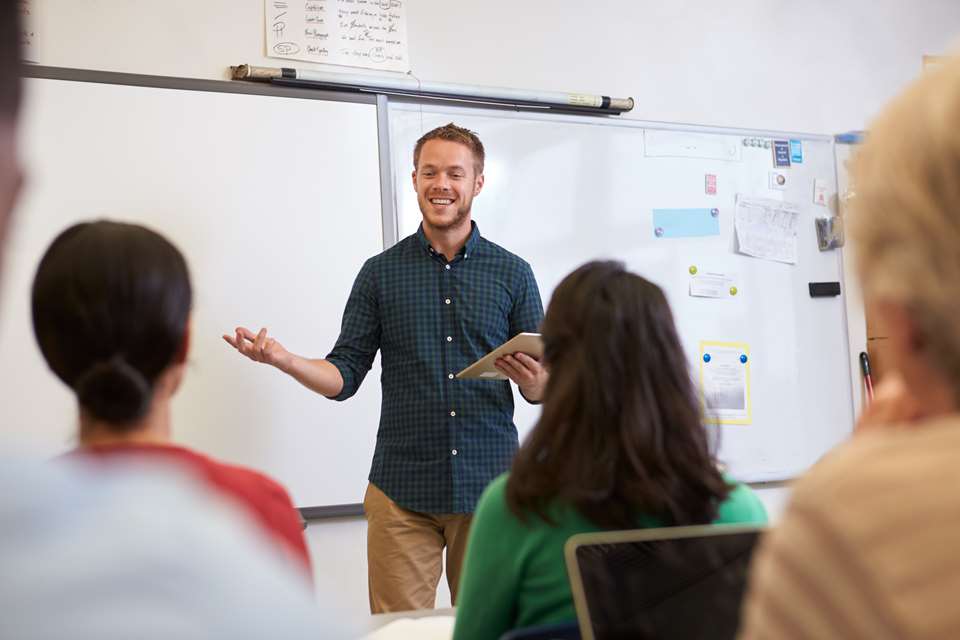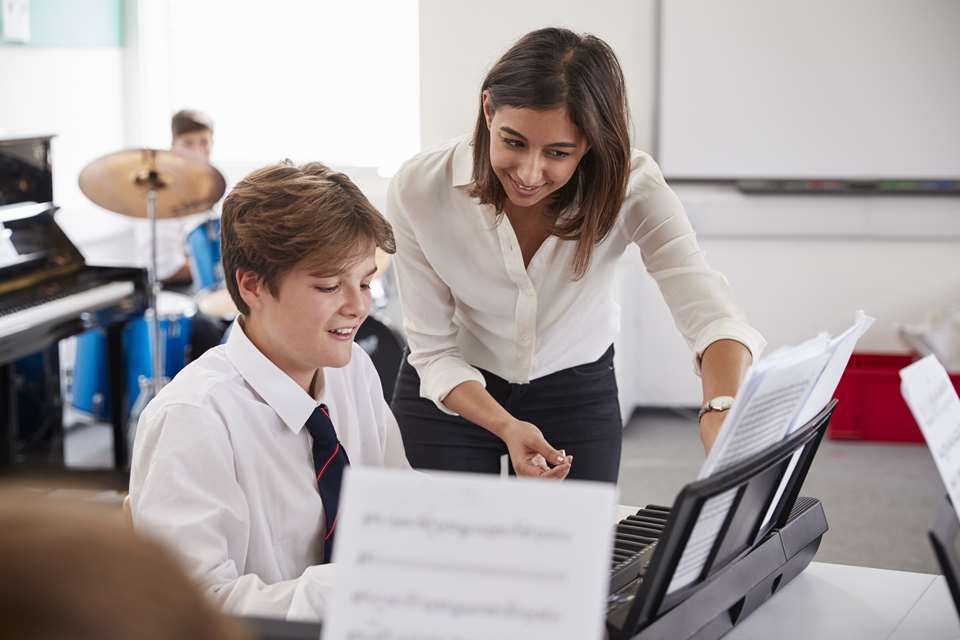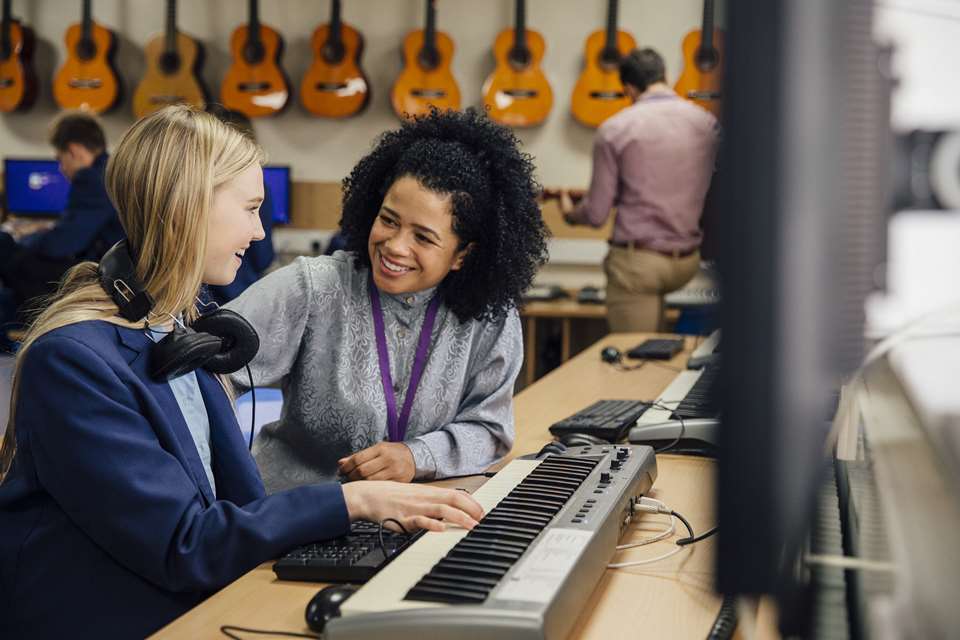New study investigates impacts of ‘little and often’ music training for non-specialists
Harriet Clifford
Tuesday, October 26, 2021
The researchers at Durham University believe that this is the first ever study to explore teacher perceptions of a Kodály approach for training non-specialist teachers.

rawpixel.com
A recently published study has found that non-specialist primary teachers report ‘lasting improvements’ in pupil behaviour and increased teacher confidence after receiving basic Kodály-inspired music training.
As fears rise over lack of subject-specific development in teacher training, the study evaluated the results of a collaboration between music specialists and general primary teachers with the aim of developing their music skills, subject knowledge and confidence.
Teachers in 55 primary schools in the North East of England took part in First Thing Music training, delivered by tutors from the British Kodály Academy in partnership with Tees Valley Music Service.
Daily music
The programme provides ‘a structured, sequential music curriculum of increasing progression’ and sees teachers delivering 15-minutes of music at the start of each day to Year 1 pupils for one academic year. Training covers three key stages of learning: beat; beat and rhythm; and beat, rhythm and pitch.
Schools participating in this research were also taking part in a separate study, jointly funded by the Education Endowment Foundation (EEF) and the Royal Society for the Arts (RSA). Results of this study showed that pupils in the First Thing Music intervention group made the equivalent of one month’s additional progress in reading, on average, compared to pupils in the control group.
Changes ahead
The paper comes in the wake of the Initial Teacher Training (ITT) market review and concerns that proposed changes to teacher training will lead to a lack of subject-specific development and an ‘acute’ shortage of music teachers.
Project lead, Lindsay Ibbotson, a music specialist and honorary fellow at Durham University Department of Education, said: ‘These are simple rhymes and musical games which any teacher can learn, and they just find them so useful and enjoyable in the classroom, especially “first thing” each day.
‘The great thing is you don’t need anything other than you and the children for this practical, “little and often” training course. It is important to stress that all this is about nothing more than the basics - a “starter kit” for generalist primary school teachers, so that all children have access to these all-important foundations for learning.
‘Thereafter, we need music specialists more than ever, but the difference is that everyone begins to really understand the value of what these specialists can do.’
Collaborative approach
The study aimed to evaluate teacher’s experiences of a collaborative partnership with music specialists.
It found that the programme is 'an example of the potential of such collaboration in providing diverse opportunities for professional musicians, music education organisations and schools to work together to support teachers in music education.’
Co-authors Ibbotson and professor Beng-Huat See are working on expanding the programme, and, in a pilot project, Ibbotson is currently delivering weekly music training via Zoom to a small group of primary PGCE students at Durham University.
The 2019 Music Education: State of the Nation report from the Incorporated Society of Musicians (ISM), the All-Parliamentary Group for Music Education, and the University of Sussex found that students on a general postgraduate primary course currently receive between two and eight hours of music training in total.
The paper is open access, and can be read in full here.





